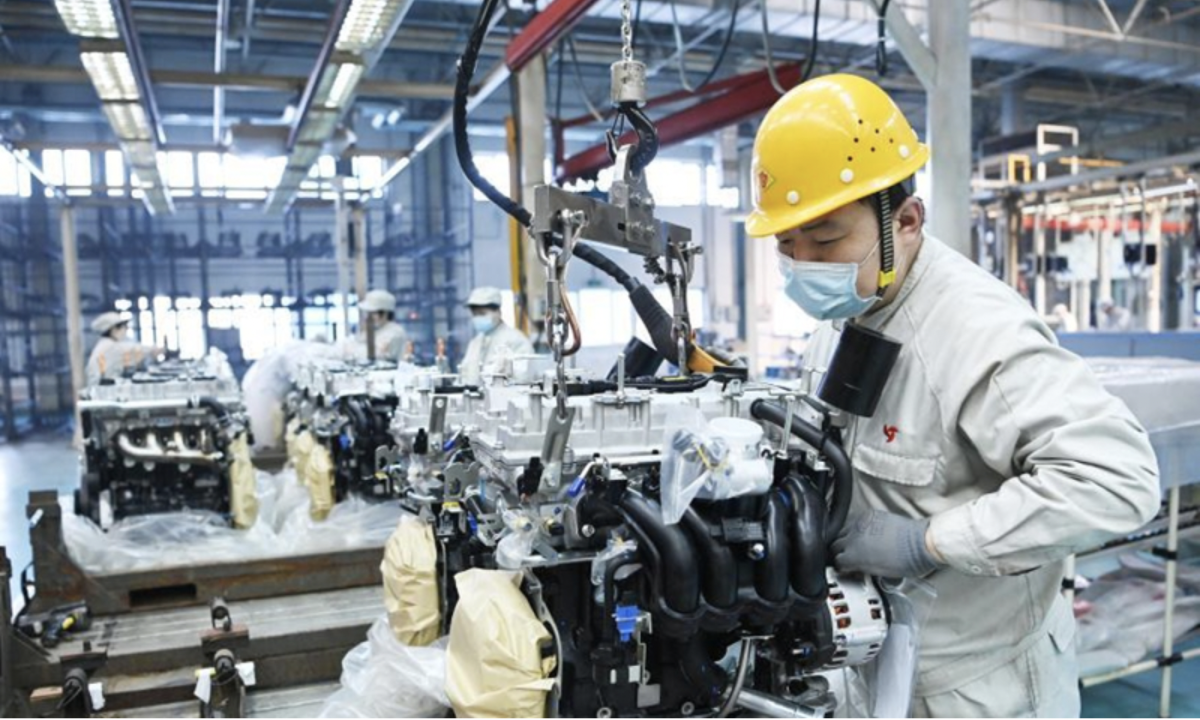
China's PMI rose slightly in March, marking the first growth in the manufacturing sector in six months.
China's official purchasing managers' index (PMI) rose to 50.8 in March from 49.1 in the previous month, data showed on March 31. The figure was higher than the median forecast of 49.9 in a Reuters poll.
The pace of growth remained modest but it was also the highest PMI reading since March last year, as tough Covid-19 restrictions began to ease.
This result also brings an optimistic signal to policymakers even though the real estate crisis remains a drag on the economy as well as people's confidence.
Zhou Maohua, an expert at China Everbright Bank, said the index showed that domestic supply and demand had improved, homeowner and business confidence was recovering, and willingness to consume and invest was rising.
China’s new export orders rose to a positive level in March, breaking a slump that had lasted more than 11 months. However, employment continued to fall, albeit at a slower pace.
Recent upbeat indicators suggest the world's second-largest economy is getting back on track, prompting many analysts to start revising up their growth forecasts for China this year.
For example, Citi Bank on March 28 raised its forecast for China's economic growth in 2024 to 5% from 4.6%, citing "recent positive data and appropriate policy implementation".
China Beige Book, a consultancy, said last week that March data showed the Chinese economy was poised for strong first-quarter growth. The labor market recorded its longest period of improvement since late 2020, while manufacturing and retail sales both grew.
However, the property crisis remains a major drag on China’s economy, which is also facing rising local government debt and weakening global demand.
Earlier, on March 5, Prime Minister Li Qiang announced this year's economic growth target of 5%. However, analysts said policymakers will need to roll out more stimulus measures to achieve the target.
The Chinese government on March 1 approved a plan to boost consumer demand, which is expected to generate more than 5 trillion yuan ($691.6 billion) in market demand each year.
Many analysts fear that China's economy could slip into a Japan-style stagnation by the end of the decade if policymakers fail to take steps to reorient the economy toward household consumption and market-based resource allocation, and away from its heavy reliance on infrastructure investment.
Duc Minh ( according to Reuters, CNBC )
Source link


![[Photo] Hanoi morning of October 1: Prolonged flooding, people wade to work](https://vphoto.vietnam.vn/thumb/1200x675/vietnam/resource/IMAGE/2025/10/1/189be28938e3493fa26b2938efa2059e)

![[Photo] President of the Cuban National Assembly visits President Ho Chi Minh's Mausoleum](https://vphoto.vietnam.vn/thumb/1200x675/vietnam/resource/IMAGE/2025/10/1/39f1142310fc4dae9e3de4fcc9ac2ed0)


![[Photo] Keep your warehouse safe in all situations](https://vphoto.vietnam.vn/thumb/1200x675/vietnam/resource/IMAGE/2025/10/1/3eb4eceafe68497989865e7faa4e4d0e)
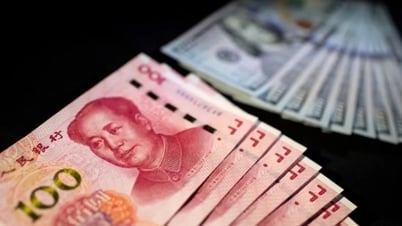






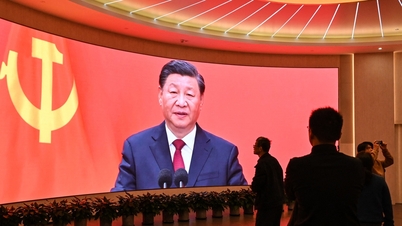


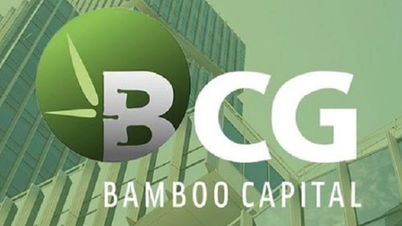

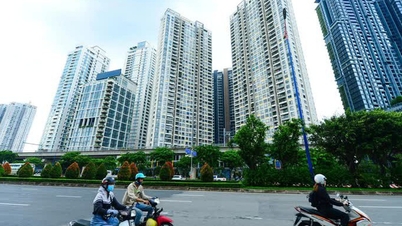

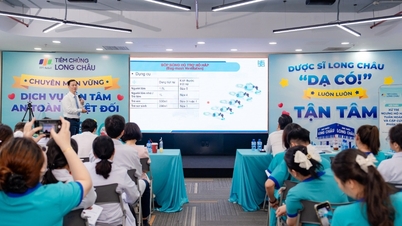



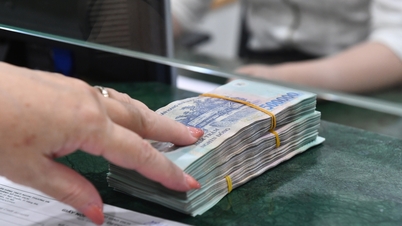








































































Comment (0)